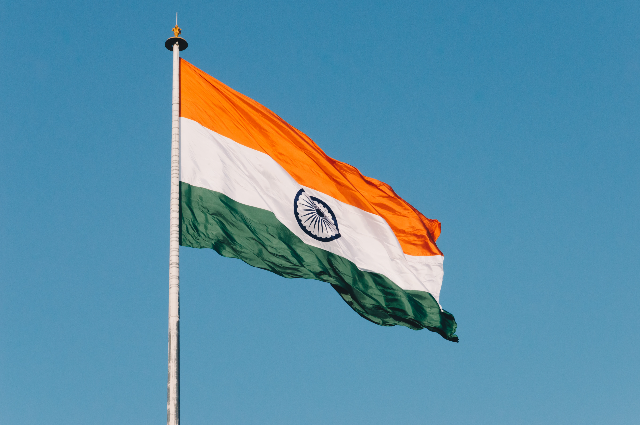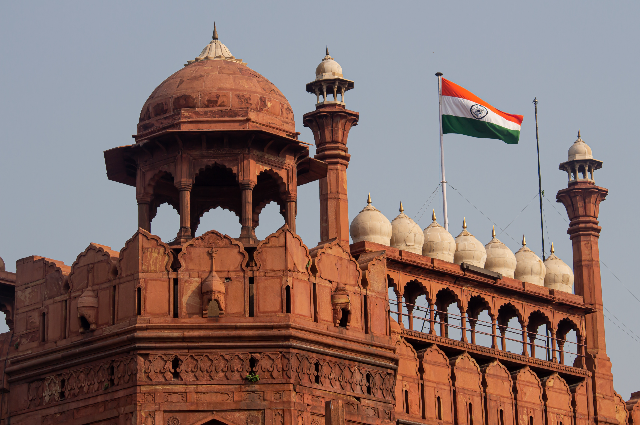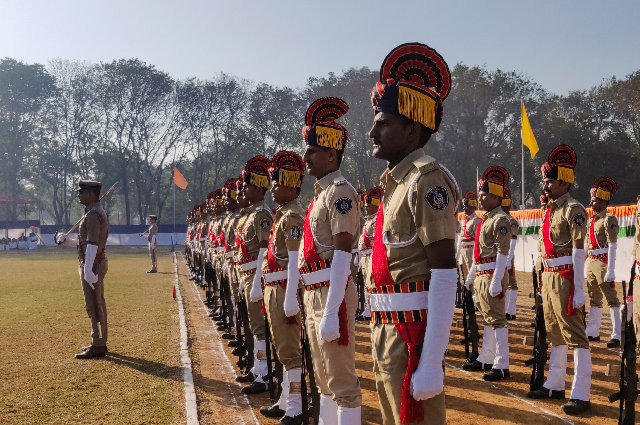
India is celebrating the 75th Independence Day this year. This day is celebrated across the nation with joy and pride, with people coming together to remember the sacrifices of our freedom fighters for the liberation of India. On 15 August 1947, the British Raj in India ceased after a prolonged struggle. And since then, Indians celebrate 15 August with a lot of cheer and festivity.
This year, the theme of the Independence Day celebrations is selected as 'Nation First, Always First'. Several functions will be held to celebrate this auspices day. The Olympians who won medals at the Tokyo Olympics are getting exclusive invites for the event. Several other events are also closely associated with Independence Day. It is the day when all the Indians celebrate the true spirit of freedom and independence. On this day, people remember the glorious history and tales related to our Independence. Yet, there are numerous little parts about our Independence Day that are not known by many people. So let's take a quick look at the ten unique facts about our Independence Day.
Ten unique facts about Independence Day of India...!
1. Every year, the national flag of India is hoisted exclusively at the Red Fort, without changing its hoisting venue. This practice is followed because the first Prime Minister of Independent India, Jawaharlal Nehru hoisted India's tricolor flag at the Red Fort in Delhi for the first time after Independence. And this tradition continues even today to honor that day.

Source:www.pexels.com
2. India shares its Independence Day with some other nations, but their independence was passed on different years. And India celebrates it with North Korea, South Korea, Bahrain, Congo, and Liechtenstein.
3. The British officer who settled the date of Indian Independence was Lord Mountbatten. Although the Indian Independence Act was passed on 18 July 1947, Mountbatten took August 15 as this date, which accorded with the date of Japan's surrendering to the Allied Forces after WWII on August 15.
4. Mahatma Gandhi is one of the most decorated individuals of the Indian Freedom Fight. But he was absent at the very first Independence Day celebrations. Rather, Gandhi did a fast for the day, witnessing the sparks of communal violence of that time.
5. Until 1973, only governors hoisted the National flag in states on Independence Day. But in 1974, M.Karunanidhi suggested this point with the central government and he became the first Chief Minister to hoist the flag on Independence Day.
6. Common citizens of India were not permitted to hoist the National flag except on Independence Day and Republic Day before 2002. But after the Supreme Court of India amended the flag code in 2002, it granted rights to all citizens to hoist the flag any time.
7. On the first Independence day, Goa was not part of free India. Even after India was free from British rule, Portuguese leaders were still controlling Goa. But later in 1961, Indian armed forces captured Goa and added it to India.
8. After India's first Independence Day, around 560 princely states of India became a part of the Indian union.
9. India did not have a national anthem on its first Independence Day. The National anthem Jana Gana Mana was adopted in 1950, which was originally written in 1911 in the Bengali language.
10. The first National flag of India was not hoisted on the first Independence Day, but it was first hoisted on 7 August 1906 in Kolkata.

Over the years, India has progressed with countless transformations. This year, for the celebrations of Independence Day, the central government has revealed a new website that will serve as a platform to connect Indians on one virtual platform during Covid times. The 'indianidc2021' was launched by Defence Secretary Ajay Kumar to mark the upcoming Independence Day 2021 celebrations. On this site, the netizens will be able to know all the details related to the Independence Day event, including the route map, programs, and other activities. This day holds a lot of significance for all the Indians. It is celebrated cheerfully and enthusiastically across the country. It honors the immense satisfaction and pride that the citizens sense for truly enjoying the independence and honoring the ones who gave it to us.
. . .
Reference -
- www.wikipedia.org
- www.knowindia.gov.in
- www.britannica.com
- www.ndtv.com
